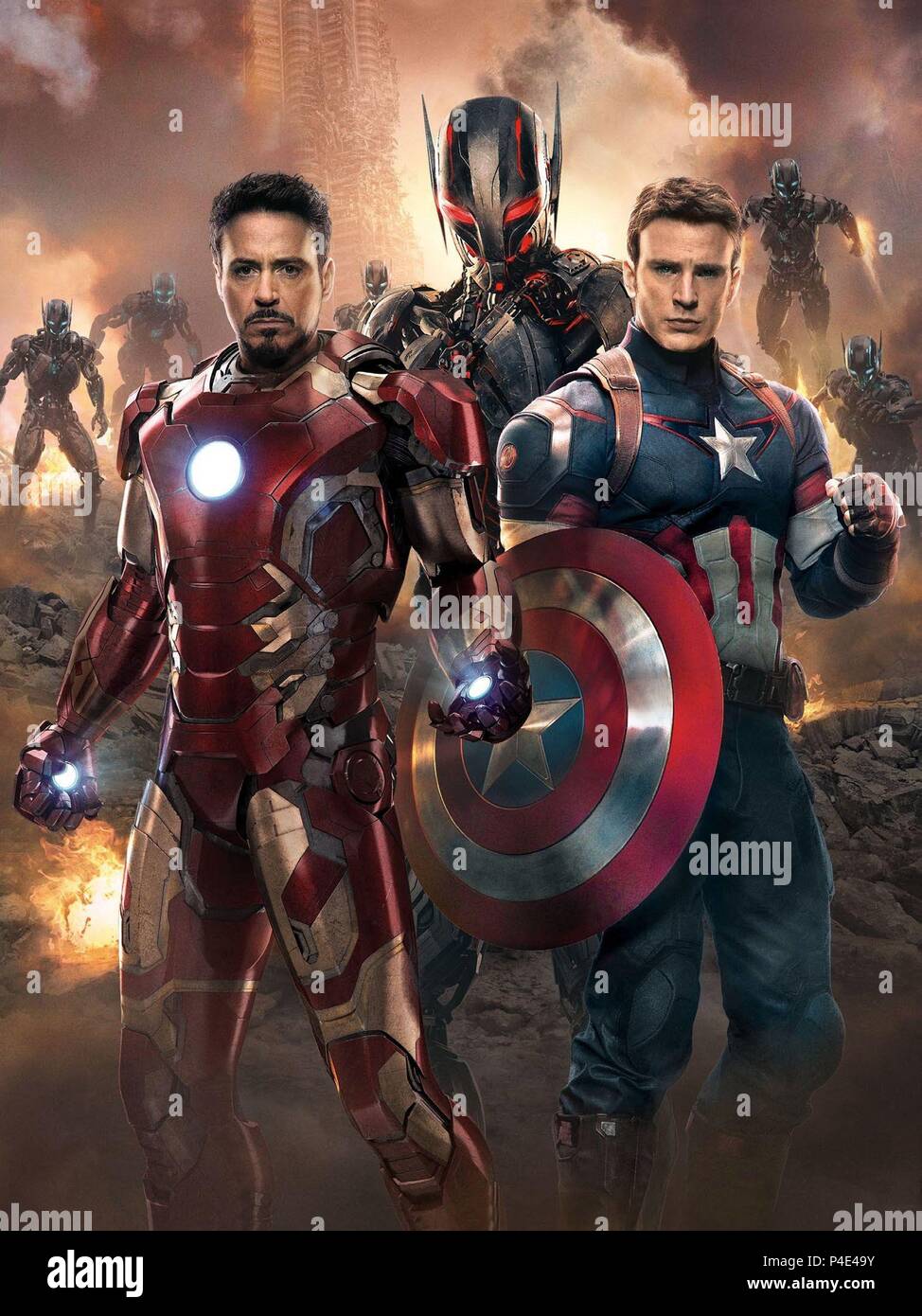Was Avengers: Age of Ultron truly the underperformer it was made out to be? The bold statement that this film, despite its massive budget and star-studded cast, managed to deliver an experience that left audiences questioning its true potential, sets the stage for a deeper analysis. As we revisit the movie, it becomes clear that the perception of failure may have been exaggerated by critics who failed to see beyond box office numbers.
The reported budget of Avengers: Age of Ultron ranged anywhere from $365 million to $495 million, though Deadline suggests a more modest production cost of $250 million. While these figures alone might suggest financial risk, they do not tell the entire story. Released in theaters on May 1st, 2015, the film quickly became a global phenomenon. Despite mixed reviews, it captivated fans with its blend of action, humor, and character development. However, beneath the surface lies a narrative about superheroes grappling with their own sanity—a theme explored through Tony Stark’s obsessive quest for peace and Vision's philosophical musings.
| Bio Data | Details |
|---|---|
| Name | Joss Whedon |
| Date of Birth | June 23, 1964 |
| Place of Birth | New York City, USA |
| Profession | Filmmaker, Screenwriter |
| Education | Oxford University |
| Notable Works | Buffy the Vampire Slayer, Firefly, The Avengers (2012) |
| Awards | Primetime Emmy Award, Hugo Award |
| Official Website | josswhedon.com |
The hype surrounding the release of Avengers: Age of Ultron initially overshadowed discussions about its quality. Yet, as time passed, critics began appreciating its merits. It remains an excellent action/comic book movie, blending spectacle with substance. For instance, the film tackles themes like artificial intelligence, responsibility, and the consequences of power—issues relevant even today. In one memorable scene, Vision questions humanity's reliance on technology, echoing contemporary debates about AI ethics.
Avengers: Age of Ultron introduced new characters such as Scarlet Witch and Quicksilver, adding depth to the Marvel Cinematic Universe. Their inclusion highlighted the franchise's ability to expand while maintaining cohesion. Furthermore, the film served as a bridge between previous installments and future projects, setting up key plot points for subsequent movies. This continuity underscores Marvel Studios' strategic planning, ensuring each film contributes meaningfully to the overarching storyline.
While some criticized the film for relying too heavily on familiar tropes, others praised its willingness to experiment. By exploring complex relationships among the heroes, it broke away from traditional superhero narratives. For example, the dynamic between Tony Stark and Bruce Banner offered insights into how genius minds can both collaborate and clash. Similarly, Thor's introspective journey added layers to his character, making him more relatable.
In addition to stellar performances by Robert Downey Jr., Chris Hemsworth, Mark Ruffalo, Chris Evans, and Scarlett Johansson, the supporting cast delivered impressive portrayals. Aaron Taylor-Johnson as Quicksilver and Elizabeth Olsen as Scarlet Witch brought freshness to the ensemble. Their brief yet impactful appearances demonstrated Marvel's knack for introducing intriguing personalities without overwhelming the main narrative.
The film also showcased cutting-edge visual effects, elevating the standard for blockbuster cinema. From Hulk's battle against Iron Man's Hulkbuster suit to Ultron's transformation into a menacing force, every sequence dazzled visually. These sequences were complemented by Alan Silvestri's score, which enhanced emotional resonance during pivotal moments.
Despite its strengths, Avengers: Age of Ultron faced criticism for being overly ambitious. Some argued that attempting to juggle multiple storylines detracted from individual character arcs. Others felt certain subplots remained unresolved, leaving viewers craving closure. Nevertheless, these criticisms highlight the film's audacity in taking risks—an essential trait for any groundbreaking work.
Ultimately, Avengers: Age of Ultron deserves recognition for pushing boundaries within the superhero genre. It challenged perceptions about what constitutes a successful sequel, proving that commercial success does not always equate artistic merit. As we reflect on its legacy, it becomes evident that the film contributed significantly to shaping modern cinematic storytelling.
| Cast Information | Role |
|---|---|
| Robert Downey Jr. | Tony Stark/Iron Man |
| Chris Hemsworth | Thor |
| Mark Ruffalo | Bruce Banner/Hulk |
| Chris Evans | Steve Rogers/Captain America |
| Scarlett Johansson | Natasha Romanoff/Black Widow |
| Elizabeth Olsen | Wanda Maximoff/Scarlet Witch |
| Aaron Taylor-Johnson | Pietro Maximoff/Quicksilver |
| James Spader | Voice of Ultron |
For those seeking further insight into the world of Avengers: Age of Ultron, resources like the Marvel Cinematic Universe Wiki provide comprehensive details about the film and its context within the larger universe. Such platforms enable fans to delve deeper into the intricate web of stories woven by Marvel Studios.
As we continue revisiting Avengers: Age of Ultron, it is important to acknowledge its impact on popular culture. Beyond being a mere entertainment piece, it sparked conversations about heroism, morality, and technological advancement. Its influence extends beyond the screen, inspiring creators across various mediums to rethink conventional approaches to storytelling.



